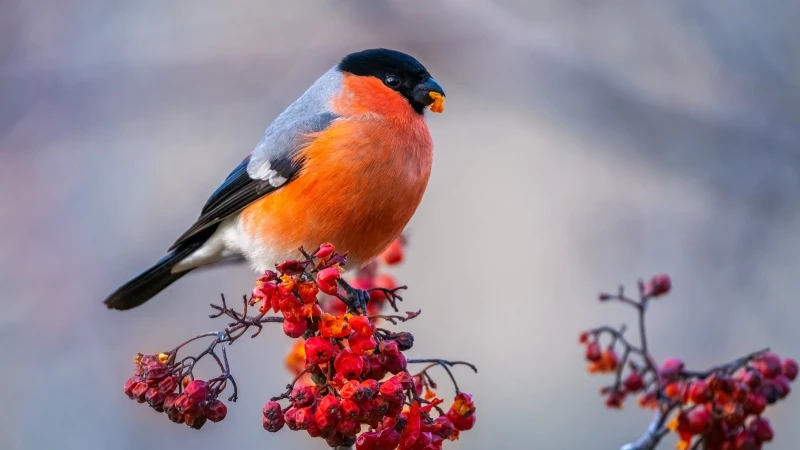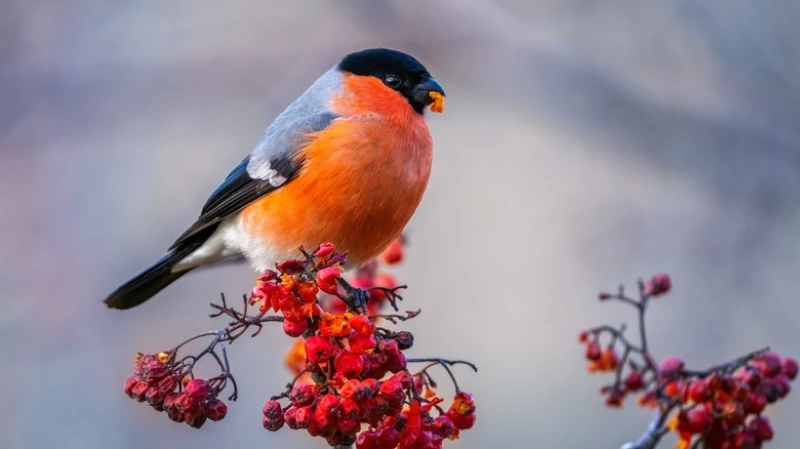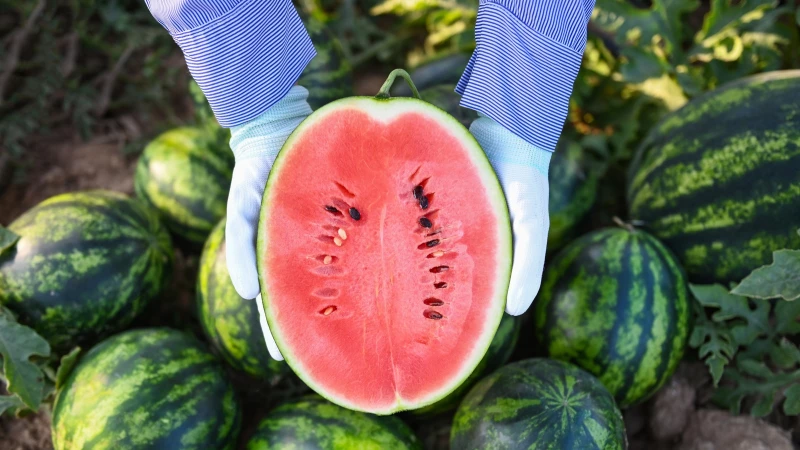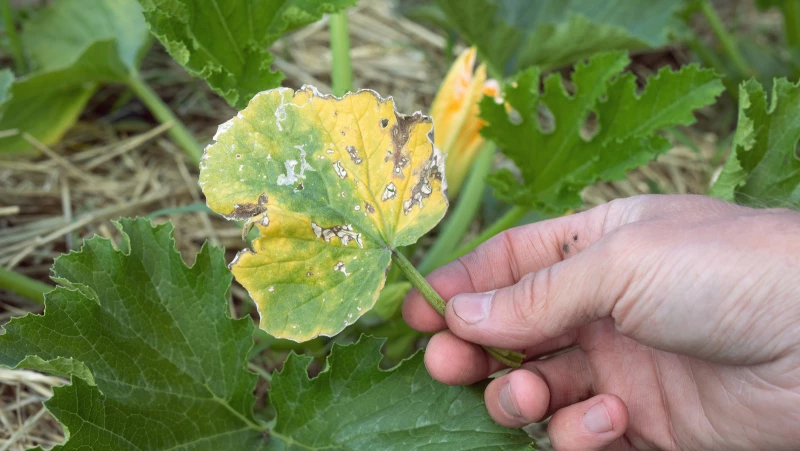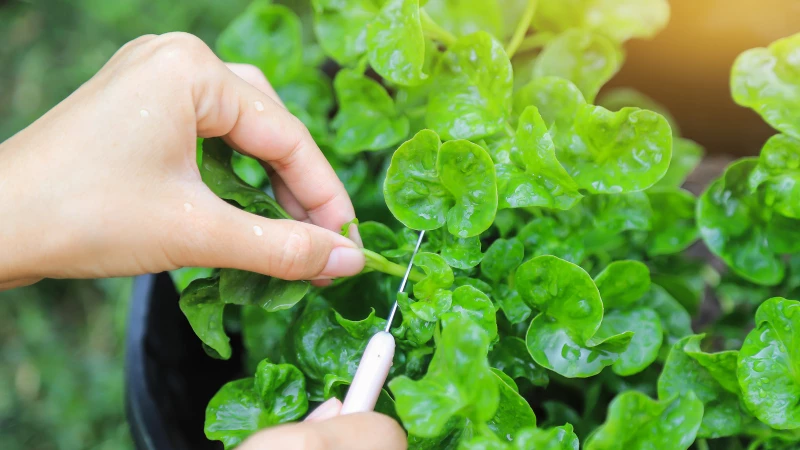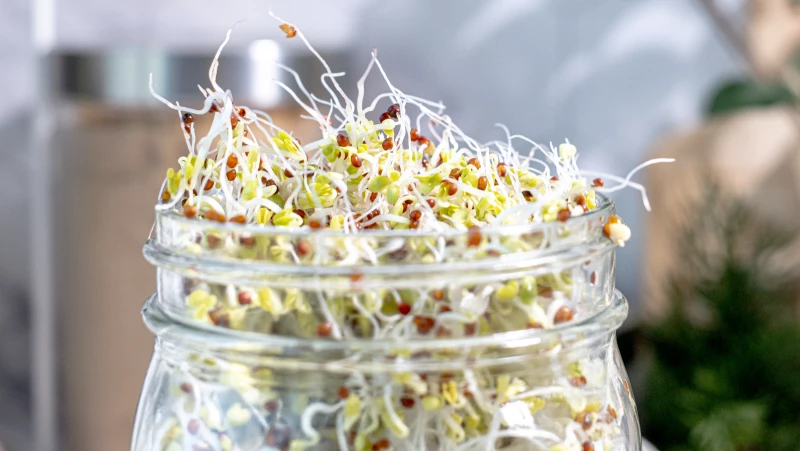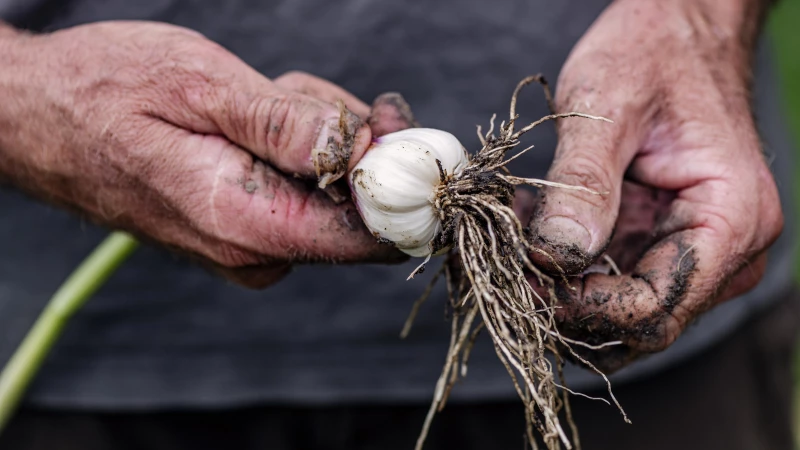Protect Your Garden Berries from Hungry Birds
Do you plan to plant garden berries this spring? Looking forward to delicious berry pies? If you want a decent harvest, then you'll need to protect your berries from hungry birds. Unless you use a deterrent, you can count on birds eating your blueberries, cherries, raspberries, strawberries, and blackberries. These creatures will strip your plants bare, leaving you with few to no berries.
Many types of birds can pose a serious threat to berry yields. Bluebirds, robins, woodpeckers, yellow-rumped warblers, and cedar waxwings all eat berries. Larger birds will eat the entire berry while smaller ones, like robins, only eat part of it. Berries make up the majority of some birds' — specifically cedar waxwings — diets.
The good news is that there is a simple item that you likely already own that can deter birds from eating your berries — and that is a radio. Simply mount it near your berry bushes and turn it on. The birds will leave as they don't like noise.
To keep birds away from your berry bushes, you have a few options. One effective method is using a radio, but be mindful of annoying your neighbors with constant music. If that's not feasible, consider using lightweight foil or tape. Another alternative is holographic bird tape, designed to scare off birds with noise and movement. Cut strips of tape and tie them around your bushes to protect your berries.
If you don't have foil tape, try using aluminum pie plates. Save used plates and hang them near your bushes to deter birds. If shiny objects fail, bird netting is a reliable option. It's affordable and effective at keeping birds and other pests away from your berries.
For an effective way to keep birds away using garden netting, consider draping it over your bushes. However, be mindful that this method may potentially damage the bushes. To prevent this, you can build a frame or structure around the bushes and then drape the netting over it. Secure the netting to the ground using garden staples. Remember to remove the bird netting after harvesting so you can reuse it next year.

